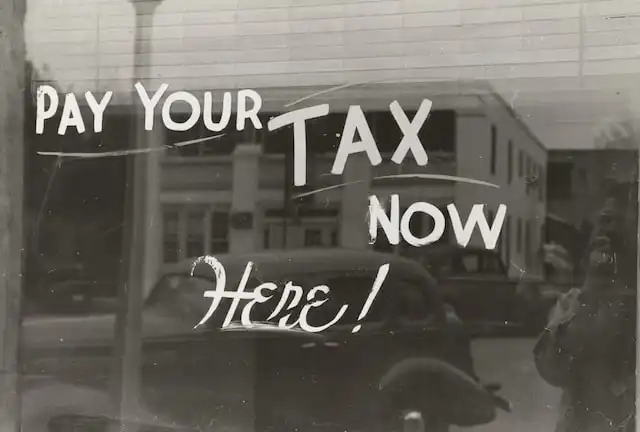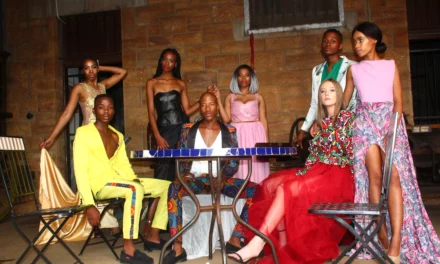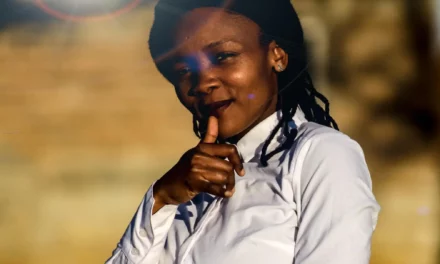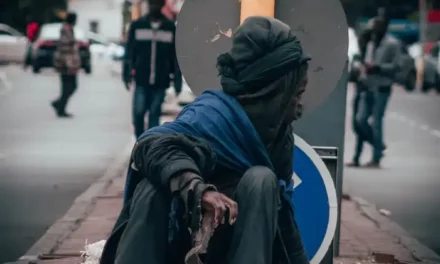
Black Tax Politics

Before the Western rule by largely by the British Empire over Africa, the general consensus of the Southern African population across all cultures was centralized around uBuntu. uBuntu can be simply defined by its direct translation, “I am because you are.” In depth, this means that a person can only exist and survive because of the people before and around you, stretching deeper than just family ties. In practice, this meant the equal distribution of resources, opportunities, ideas and knowledge with the purpose of achieving equal social and economic standards within each community. When one person thrives, we all thrive. How do we differentiate between Black Tax and uBuntu?
Western regimes have conquered much of Africa from the 1600s in terms of its land, resources, philosophy, and the separation of so called tribes. This meant that the idea of common wealth between Africans was largely marginalized. During the Apartheid regime of the old Afrikaaner government, most Africans were excluded in the main stream academic sphere and only reduced to studies such nursing, teaching and policing, with menial salaries because of the colour of their skin. Overtime, the need for survival regarding the basic necessities of life was the main focus, proving difficult to support a whole family. Fast forward to the mid 80s and early 90s, there was hope, even amidst violence and unrest. The change in morale of the country meant there was hope of equal social and economic opportunities with the rise in trade Unions and small businesses. The dream that Nelson Mandela had of our European counterparts mixing with Africans on an equal basis socially and economically is the kind of idea that can melt any rational being’s heart, black or white.
However, after the ANC was legitimized and subsequently won the first democratic national elections in 1994, there seemed to be some holes in the idea of togetherness, as it was replaced by individual ambitions based on business and politics as which inadevertently, employment. This was largely due to the same comrades who once fought for
our liberation, which worsened under the JZ era. In modern South Africa, the struggle for socio-economic independence is as fierce today. The large majority of Africans are still living in rural areas with inadequate opportunities with regards to basic necessities such as dignified housing, food and clean running water. Schools are in terrible shape, in dangerous communities, making learning even more difficult. This is compounded by the fact that most children to go bed on an empty stomach and largely depend on feeding schemes.
Promises have been withheld by power hungry politicians who skim the budget meant for the poor, redirecting it to their individual accounts and going without any punishment. Jobs and government contracts are handed over to generally unqualified/underqualified or unfit friends and family, for political favours. This “state capture” mechanism has left the idea of socio-economic equality in shambles as the current unemployment rate sits at 29.1%, 6.6 million people, of which 3.3 million are unemployed or untrained youth. Even service delivery protests and protests for higher wages and free higher education are treated with Apartheid-like tactics such as the Marikana
Massacre in 2013 and the Fees Must Fall campaign respectively. Both these incidents were fueled by anger, violence and propaganda. The blame is shifted on to foreign nationals looking to create their own opportunities from absolutely no help, causing barbaric xenophobic attacks, most recently in 2019, as South Africans are used to being
dependent.
On a brighter note, the African genetic structure is so used to struggle, that not only do we make the most out of this chaos, we have somehow found a way of life within and around it. Many children from disenfranchised backgrounds persevere through hunger and poverty and even make it to university. The few who find a way to go all the way, will most likely have to take a deep sigh before answering the question “How did you do it?” We see this with the rise of black matriculants and black graduates respectively, pioneering a new phenomenon called the black middle class or black diamonds according to the Wits School of Governance. Although this is supposed to be a new standard that sets us up for economic and social independence, it brings us back to the law of Isaac Newton: For every force, there is an opposite and equal reaction. We really believe that Isaac Newton, on top collisions, was really talking about Black Tax.
The average middle class income structure is largely built up from people of senior management, middle management, legal practitioners, accountants, scientists and engineers, medical practitioners as well as the most common professionals (teachers ,nurses and policemen and women). These hard working individuals are regarded as
the middle class. As much as thair salaries can be enough to sustain an immediate family, the reality of the situation is that South Africa has not recovered from past social and economic inequality as well as present Black Elitism based on government corruption with the help of corporate corruption, or the more politically correct term, ‘collusion’.
This opposite and equal reaction that Sir Isaac Netwon was referring to, means that the average Black Child has to first struggle to get basic necessities such as good quality baby formula and nappies because of the high inflation. Most black children end up in creches which are not even up to standard, being more of day care centers. With the
perseverance inept within the genes, the Black Child grows up and still gets into a school. Then comes new challenges of school books, uniform as well as transport, in addition to food and clothing. This increases year by year right through to high school, and this unique genetic compound for striving through chaos, the Black Child can finish matric. After the first bumps, hugs, tears of joy, and gwara gwara celebrations, the reality of expensive fees of the higher education spectrum are nightmares-come-true.
The average university fees can range from R64 200 in the first year, which is expected to rise to R107 600 by 2025 and most likely R165 600 by 2025, according to Old Mutual states. This is excludes accommodation, and is compounded with even more expensive textbooks, food prices which would have risen and let’s not forget the peer
pressure of having to look decent on campus, as it is no longer just uniform. One can barely depend on the NSFAS as they have their own problems and cannot afford to pay for everyone. However, the Black Child still finds a way to make it. It can make anyone want to jump out of their skin to think that even though you have fought and persevered throughout all of this, there comes Newtons law. Generally , a multitude of black graduates can safely say they are the first to graduate from a university and sometimes college in their entire family tree. This means that all of this burden, for the next generation, has to fall on you as the graduate once you are employed.
Student loans have to be reconciled and younger siblings or cousins have to be put through school and have their daily needs taken care of. This is just as much with regards to the older generation and their needs in terms of running the household with generally many children and extended family living under one roof as well as hefty medical bills, not forgetting that they used their last cents to get you where you are. One cannot see black tax as one dimensional , because as much as it is a burden on the individual, it is somewhat an unspoken duty to take care of those who have taken care of you.
This, however, does not eliminate the reality of an equal and opposite reaction as it takes one step forward and two steps backwards in terms of financial freedom. The government has to regard these unique problems in legislation and the corporates have to take into account these problems when hiring young black women and children who are still exploited by ridiculous demands with even more ridiculous salaries after graduating, if they do find employment at all. This issue needs to be addressed seriously as it is the fundamental cause to most problems such as the rise in alcoholism, substance abuse as well as petty and violent crimes. The youth need to be given more power in public policy as “comradeship” is no longer a suitable answer. We have plenty of graduates, just as we have plenty of capable individuals sitting on the street corner doing God-knows-what as they were lost in the financial struggle which takes them away from any decent future aspirations to change theirs and their families’ circumstances.
Let us educate that ‘Uncle Royalty’ and ‘Tokelo’ by differenciating between needs and wants, and work with one another to formulate proper budgets from our basic salaries to bring back the idea of uBuntu within our modern economy instead of Keeping Up With The Joneses/Khumalos. This means empowering one another by opening up our own or supporting local business wherever we can to strengthen our economy. The more we flourish in numbers, the more exponential our economic growth in each community, inevitably reflecting within our general economy and increasing our GDP without overly depending on Foreign Direct Investment. Return On Human Investments will return back to the country as a whole. If regulated in a sophisticated manner, we can change Black Tax to Black Taxellence.
























